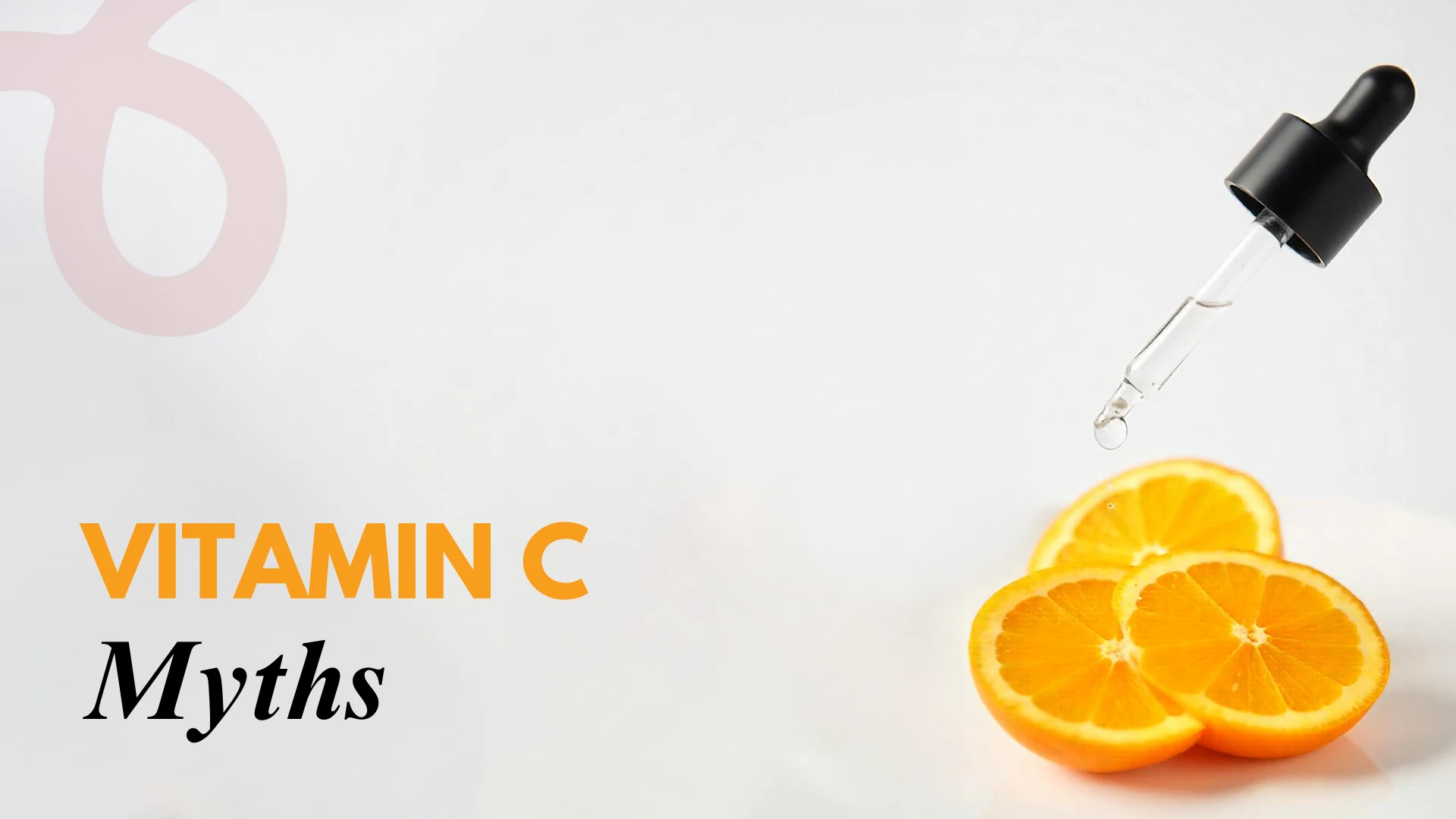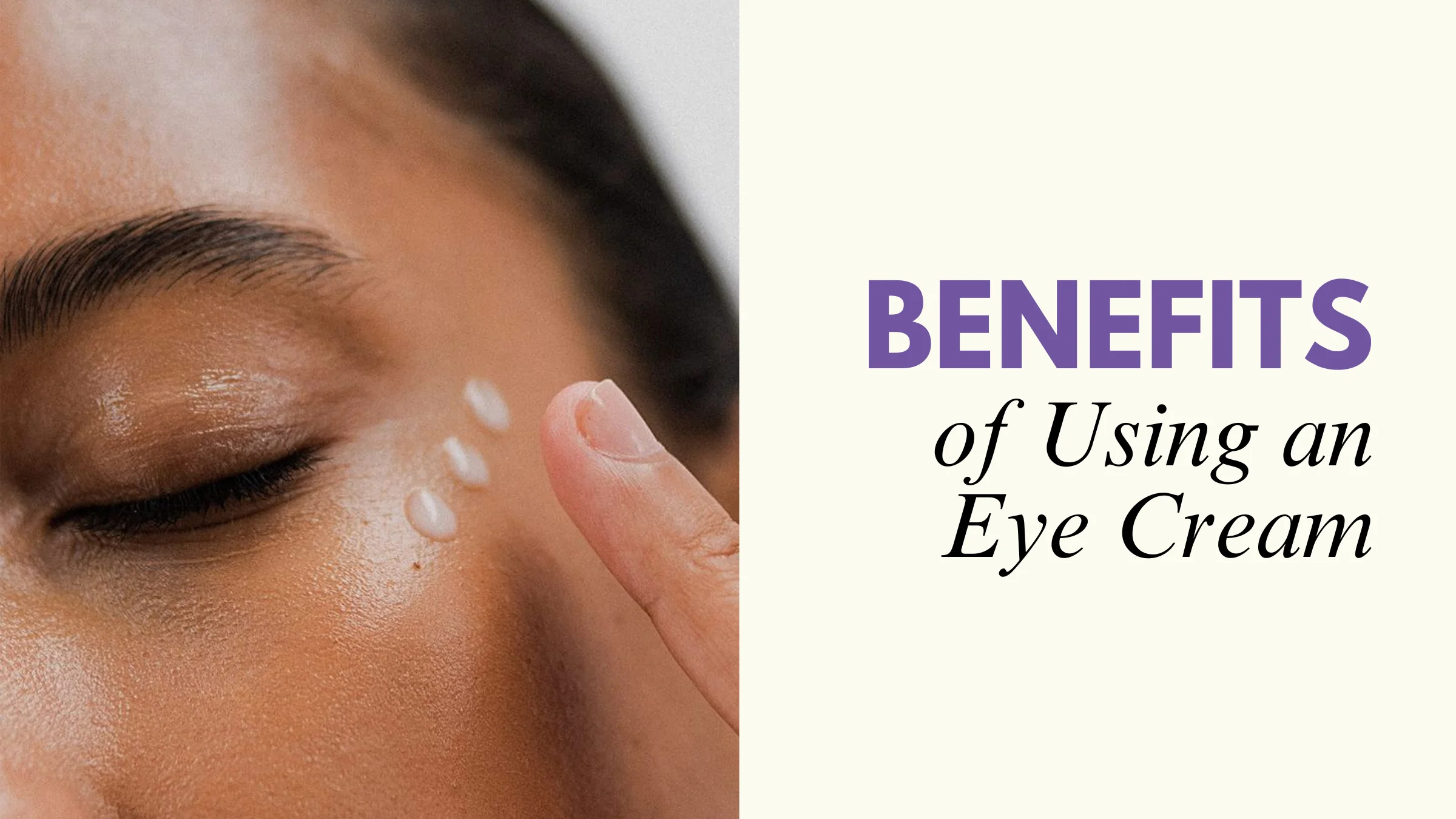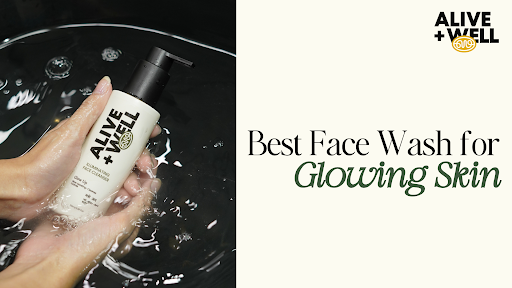Vitamin C – Myths and Facts
Vitamin C is a popular nutrient, and several myths surround its use and benefits. One myth is that it can prevent colds, while the fact is that while it may reduce the duration or severity of colds, it doesn’t necessarily prevent them. Another myth is that it can replace sunscreen; while it offers some antioxidant protection, it’s not a substitute for sunscreen.
Several common myths surround vitamin C, including its ability to prevent colds and its impact on skin health. While vitamin C is crucial for a healthy immune system and can support overall health, some claims about it are not supported by scientific evidence. For example, while vitamin C may help shorten the duration of a cold and reduce its severity, it’s not a guaranteed preventative measure. Similarly, while vitamin C can brighten and even out skin tone, it doesn’t “whiten” the skin dramatically.
Here’s a closer look at some common vitamin C myths:
1. Vitamin C Prevents Colds:
- Myth: Taking high doses of vitamin C can prevent colds.
- Truth: While vitamin C may help shorten the duration and severity of colds, it’s not a reliable preventative measure for the general population. Some studies suggest it might be helpful for people exposed to brief periods of severe physical exercise, such as marathon runners.
- Evidence: The Cochrane Review found that vitamin C supplementation did not prevent the common cold in the general population but did reduce the severity of symptoms and the duration of the cold in some cases.
2. Vitamin C Can Replace Sunscreen:
- Myth: Vitamin C can replace sunscreen and protects against sun damage.
- Truth: While vitamin C is a powerful antioxidant that can help protect against free radical damage from the sun, it’s crucial to continue using sunscreen. Vitamin C can be used in combination with SPF for enhanced protection, but it shouldn’t replace it.
3. All Vitamin C Products Are Created Equal:
- Myth: All vitamin C products are the same and have the same effectiveness.
- Truth: Different forms of vitamin C (like L-ascorbic acid, sodium ascorbyl phosphate) have varying potencies and effects on the skin. Some forms might be better suited for sensitive skin types.
4.Vitamin C Causes Sun Sensitivity
- Myth:Vitamin C makes skin sensitive to the sun and should only be applied at night.
- Truth:Vitamin C does not increase sun sensitivity and can even help protect against free radical damage from the sun. In fact, studies show that combining vitamin C with SPF can provide enhanced protection against sun damage.
5. Vitamin C Is Only for Dry Skin:
- Myth: Vitamin C is only beneficial for dry skin.
- Truth: Vitamin C offers benefits for all skin types, including brightening, evening out skin tone, and reducing the appearance of wrinkles.
6. Vitamin C Brightens Skin by “Whitening” It:
- Myth: Vitamin C dramatically whitens the skin.
- Truth: While vitamin C can brighten and even out skin tone, it doesn’t cause dramatic whitening. It works by reducing melanin production and helping to fade dark spots.
7. Vitamin C Can Be Overused and Cause Toxicity:
- Myth: There’s no such thing as too much vitamin C.
- Truth: While vitamin C is generally safe, excessive amounts can lead to side effects like kidney stones and digestive issues. It’s important to adhere to recommended daily intake levels.
8. Vitamin C is a Cure-All:
- Myth: Vitamin C can cure all illnesses.
- Truth: Vitamin C is a valuable nutrient that supports overall health, including immune function, but it’s not a cure-all for any disease. It’s essential to maintain a balanced diet and seek professional medical advice for health concerns.



